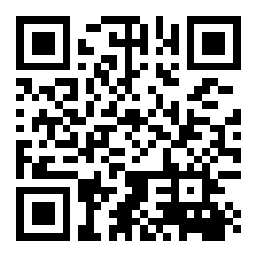Live Session
Session 12: Optimisation and Evaluation 2
Main Track
Unified Denoising Training for Recommendation
Haoyan Chua (Nanyang Technological University), Yingpeng Du (Peking University), Zhu Sun (Agency for Science, Technology and Research (A*STAR)), Ziyan Wang (Nanyang Technological University), Jie Zhang (Nanyang Technological University) and Yew-Soon Ong (Nanyang Technological University)
Abstract
Most existing denoising recommendation methods mainly alleviate noisy implicit feedback (user behaviors) through empirical studies.However, such studies may lack theoretical explainability and fail to model comprehensive noise patterns, which hinders understanding and capturing different noise patterns that show distinct effects on users’ behaviors. Thus, we propose to capture comprehensive noise patterns through a holistic theoretical analysis for more effective denoising, whereby users’ behaviors are divided into the willingness (to interact with) and action (to interact with) phases to disentangle the independent noise patterns. Our analysis unveils that (1) in the willingness phase, the high uncertainty of the user’s willingness to interact with the item can lead to high expectation loss, unifying explainability for existing denoising methods; and (2) in the action phase, higher user-specific inconsistency between willingness and action can not only lead to more noise in the user’s overall behaviors but also make it harder to distinguish between her true and noisy behaviors. All these findings are also aligned with our empirical observations. Inspired by these findings, we propose a Unified Denoising Training (UDT) method for recommendation. To alleviate uncertainty in the willingness phase, we lower the importance of the user-item interaction with high willingness uncertainty recognized by high loss. To ease the inconsistency in the action phase, we lower the overall importance for users with high user-specific inconsistency as it may lead to more noisy behaviors, and then increase the importance gap between recognized true and noisy behaviors for users with low user-specific inconsistency as their behaviors are more distinguishable. Extensive experiments on three real-world datasets show that our proposed UDT outperforms state-of-the-art denoising recommendation methods.
Join the Conversation


